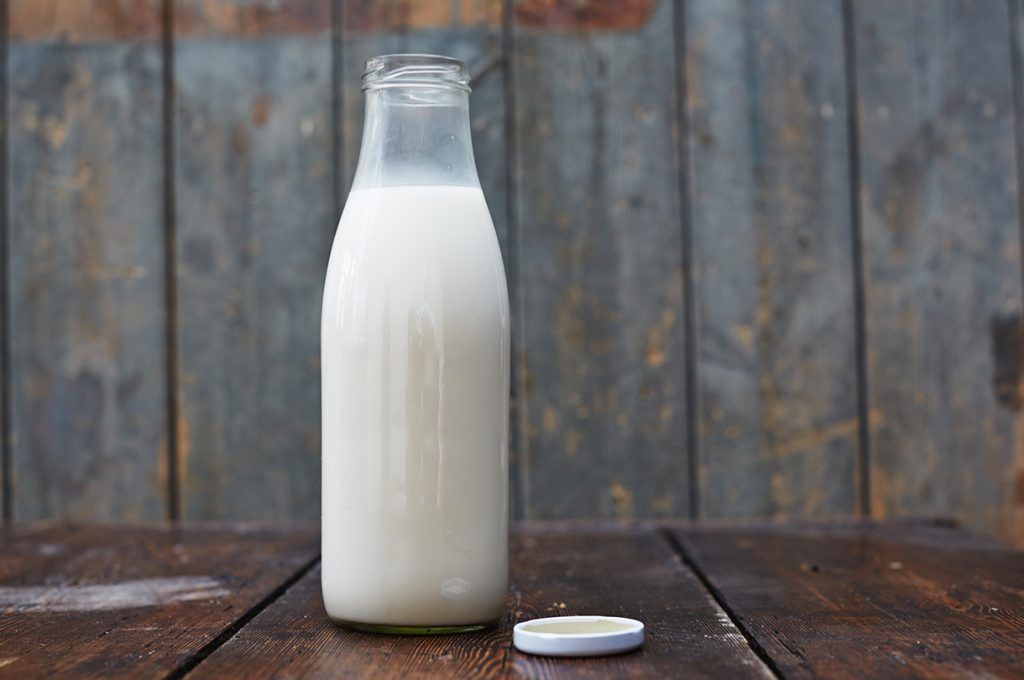By Helen Crawley
There’s a lot of conflicting information out there regarding which milk you should give your baby after 12 months. I’m often asked, should you continue to breast-feed? If not, should you move on to an infant formula or follow-on milk?
The truth behind follow-on milks
Both The Department of Health and the World Health Organisation make clear statements that follow-on milks are not required. They have, in fact, been created by formula-milk companies as a cheeky way to get around the rule against the advertising of infant formula in the UK. The marketing of, and how these products should be used, can therefore be confusing for new parents.
It’s perfectly fine to continue breast-feeding up until your baby’s second birthday, but should you choose not to there’s no advantage to moving to follow-on milks. From the first year, infants should be eating a wide variety of nutrient-dense foods, as well as avoiding salty and sugary foods. On top of this, they should also be drinking around 400ml of whole animal milk (either cow, goat or sheep’s milk), or a suitable substitute, every day. In rare cases, health professionals may recommend the continued use of first whey-based formula milk into the second year, but this is an exception rather than the norm. At this point food should be the main source of nutrients for toddlers.
Sugar in milk
Follow-on milks, also known as toddler or growing-up milks, tend to contain more sugar than animal milks, and less of some of the important nutrients. Although many of these milks are fortified with important nutrients, such as iron and vitamin D, they do not replace some of the nutrients lost during processing. Toddlers who are eating well from one year do not need to drink a fortified milk to obtain the required nutrients – in the long term, these sweetened drinks may contribute to them developing a sweet tooth and an appetite for sugary foods, which can lead to excess weight gain and all the consequences that come with it.
If your child has been diagnosed by a health professional as being lactose intolerant or as having an allergy to cow’s milk, or you are choosing to bring your infant up as a vegan, then an unsweetened calcium-fortified alternative can be given, such as soya, oat or nut milk.
For more helpful advice and information, visit:























